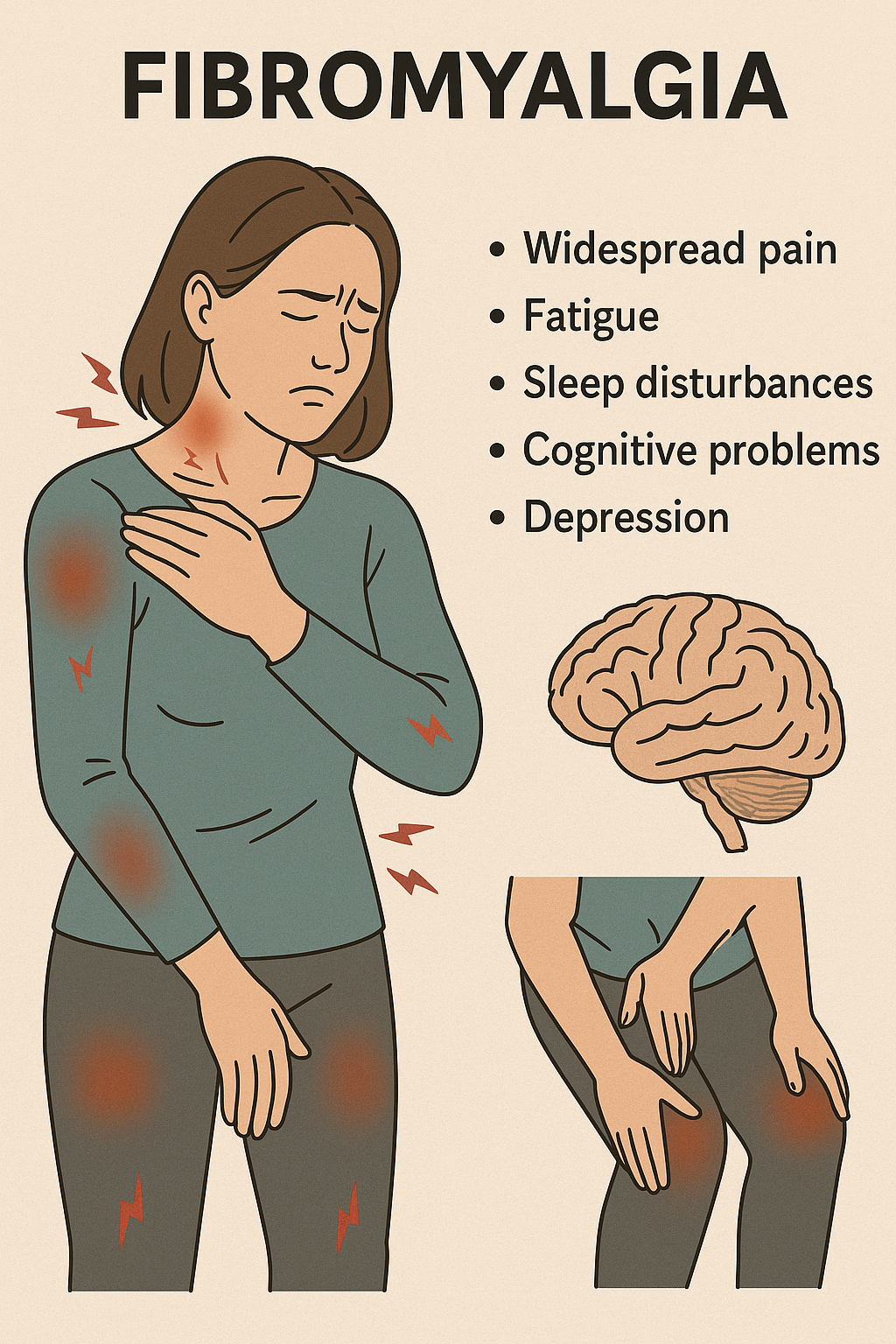What is Classical Celiac Disease?
- In classical celiac disease,
- patients have signs and symptoms of malabsorption,
- including diarrhea,
- steatorrhea (pale, foul-smelling, fatty stools),
- and weight loss or growth failure in children.
What is Atypical Celiac Disease?
- This type of disease is generally found in older children and adults aged 5-6 years.
- Generally, the findings are very mild and non-digestive findings are at the forefront.
- Patients can have a single symptom or sign.In addition to short stature,
- delay in puberty, tooth enamel defects and iron deficiency,
- non-typical findings such as recurrent abdominal pain, nausea, vomiting,
- elevation in liver enzymes and constipation can be seen.
- It is very difficult to diagnose these patients. Celiac disease must be considered in people with these complaints.
- Atypical celiac can be confused with restless bowel syndrome.
- It is also important to think of celiac disease in cases such as unexplained iron,
- folic acid and vitamin B12 deficiency and bone development problems,
- recurrent abdominal pain,
- abdominal swelling and lowering of serum albumin level.
 How does celiac disease occur?
How does celiac disease occur?
What is Silent Celiac Disease?
- It is the coincidence of typical celiac disease by family screening or for any other reason,
- as a result of the diagnosis of celiac disease in the relatives of individuals
- who do not have any complaints and findings in terms of celiac disease.
What is Potential Celiac Disease?
- A condition with positive results in celiac tests, but small bowel biopsies show normal or minimal change.
- The gluten sensitivity will increase in the following years,
- regular monitoring is performed under the control of the doctor.
 Gluten Sensitivity?
Gluten Sensitivity?
What is Non-celiac Gluten Sensitivity?
- patients may have mild gastrointestinal symptoms without clear signs of
- malabsorption or may have seemingly unrelated symptoms.
- They may suffer from abdominal distension and pain,
- and/or other symptoms such as iron-deficiency anemia,
- chronic fatigue,
- chronic migraine, peripheral neuropathy (tingling, numbness or pain in hands or feet),
- unexplained chronic hypertransaminasemia (elevated liver enzymes),
- reduced bone mass and bone fractures,
- and vitamin deficiency (folic acid and B12),
- difficulty losing weight, late menarche/early menopause and unexplained infertility,
- dental enamel defects, depression and anxiety,
- dermatitis herpetiformis (itchy skin rash), etc.
Source: Acıbadem , Celiac , GHR U.S.







